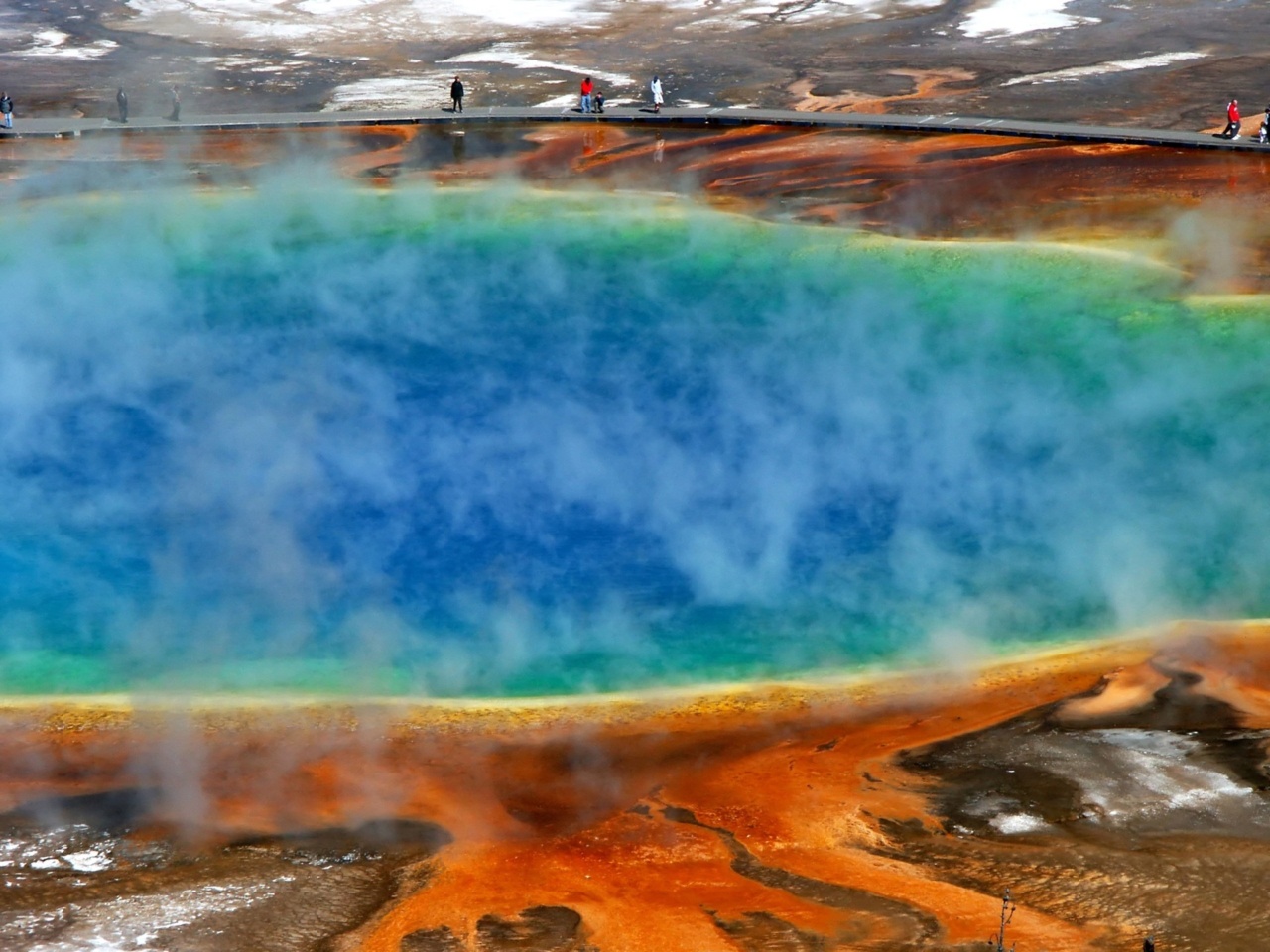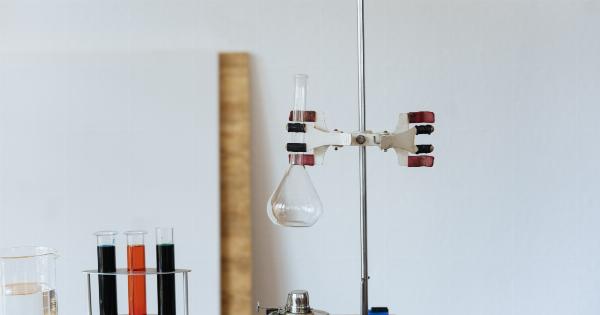Summer is the time for fun, vacations, and relaxation. However, with the sun comes heat that can make us grumpy, irritable, and less tolerant of others. Many people find that hot weather makes them feel agitated, anxious, and angry.
They are more likely to lash out, get into arguments, and behave aggressively. But why does heat bring out the worst in us? Let’s explore this question in more detail.
How heat affects our mood
Research has shown that heat can affect our mood in several ways. One of the most important ways is by increasing our arousal levels, which can lead to feelings of anxiety, frustration, and anger.
When our bodies become overheated, our sympathetic nervous system is activated, causing our heart rate and blood pressure to rise. This can trigger the release of stress hormones such as cortisol, which can make us feel agitated and irritable.
In addition to increasing our arousal levels, heat can also cause us to feel physically uncomfortable. Sweating, thirst, and fatigue are all common symptoms of heat exposure, and they can be very unpleasant.
When we are uncomfortable, we are more likely to be in a bad mood and less patient with others.
How heat affects our behavior
Not only does heat affect our mood, but it can also affect our behavior. Research has shown that people are more likely to behave aggressively in hot weather.
In one study, researchers found that the number of violent crimes increased when the temperature rose above 90 degrees Fahrenheit. This suggests that heat may contribute to violence and aggression.
Heat can also impact our cognitive function and decision-making abilities. When we are too hot, our brains can become foggy, and we may have trouble concentrating and making rational decisions.
This can lead to impulsive behavior, which can be dangerous in certain situations.
Why some people are more affected by heat than others
Not everyone is equally affected by heat. Some people seem to handle hot weather better than others. There are several factors that can influence how we respond to heat, including our age, health, and genetics.
Older adults and young children are more vulnerable to heat-related illnesses because they may not be able to regulate their body temperature as effectively as adults.
People with certain medical conditions, such as heart disease and diabetes, may also be at greater risk for heat-related problems.
Finally, genetics play a role in how we respond to heat. Some people may simply be more prone to feeling uncomfortable in hot weather, while others may tolerate high temperatures with ease.
How to beat the heat
If you find that heat brings out the worst in you, there are several strategies you can use to stay cool and calm:.
- Drink plenty of water to stay hydrated
- Avoid alcohol and caffeine, which can dehydrate you
- Stay indoors during the hottest part of the day if possible
- Wear lightweight, breathable clothing
- Use fans or air conditioning to stay cool
- Take cool showers or baths
- Avoid strenuous activity during the hottest parts of the day
By taking these steps, you can reduce your risk of heat-related illnesses and stay calm and collected even in the hottest weather.
Conclusion
Heat can bring out the worst in us by making us feel agitated, irritable, and prone to aggression. Heat can also impact our cognitive function and decision-making abilities, leading to impulsive behavior.
While some people may be more susceptible to these effects than others, there are several strategies that everyone can use to stay cool and calm in hot weather. By staying hydrated, avoiding alcohol and caffeine, and staying indoors during the hottest parts of the day, you can beat the heat and stay in control.





























